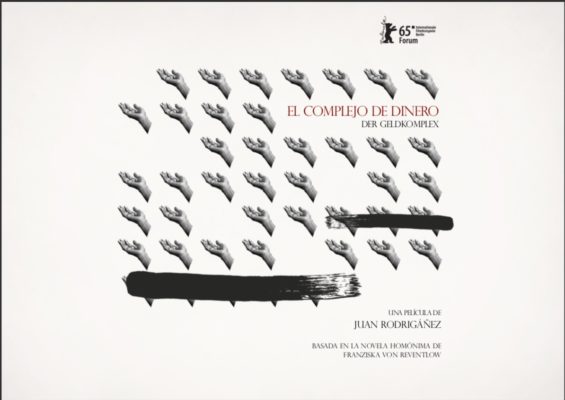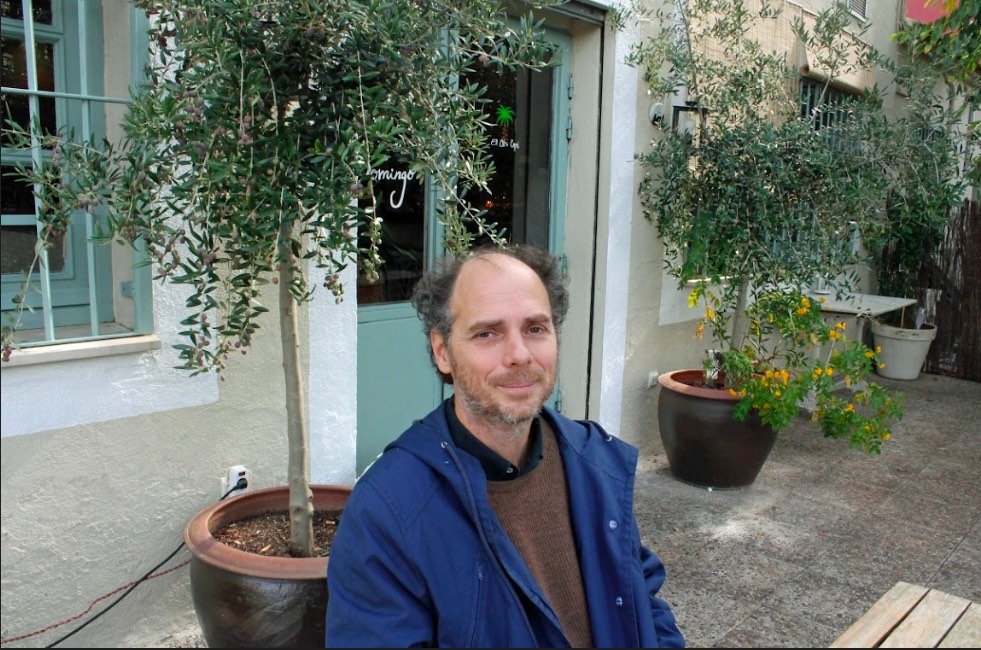Search
To search for an exact match, type the word or phrase you want in quotation marks.
A*DESK has been offering since 2002 contents about criticism and contemporary art. A*DESK has become consolidated thanks to all those who have believed in the project, all those who have followed us, debating, participating and collaborating. Many people have collaborated with A*DESK, and continue to do so. Their efforts, knowledge and belief in the project are what make it grow internationally. At A*DESK we have also generated work for over one hundred professionals in culture, from small collaborations with reviews and classes, to more prolonged and intense collaborations.
At A*DESK we believe in the need for free and universal access to culture and knowledge. We want to carry on being independent, remaining open to more ideas and opinions. If you believe in A*DESK, we need your backing to be able to continue. You can now participate in the project by supporting it. You can choose how much you want to contribute to the project.
You can decide how much you want to bring to the project.

To make Der Geldkomplex (The Money Complex) we brought together a group of people related to stage work with no previous film experience, except for a photographer and a sound designer. The work consisted in looking for our own logic towards cinematographic fiction that would be capable of integrating the different experiences and sensibilities of the artists and technicians we had brought together.
By following the proposal of Franziska von Reventelow (on whose namesake novel, published in 1916, we based this film) to act “as if” money were the only important thing, we ran the risk of reaching nothing more than a painful irony. But it also gave us the opportunity to work with masks, to perform summer theater, to distance ourselves from a situation that defines our day-to-day life. The idea was for the camera to keep a distance to preserve the aura of people, not to film inside the bedrooms. As the close-up is a basic psychological tool of film, we also shot some close-ups. But there is no center to the scenes, there is no center to the film, there is a flow of ideas and jumps in time that I believe cannot be reduced to a single meaning. Making films is difficult because it is aggressive, or rather, can be aggressive with reality, but when fiction can be created, reality smiles. A question of distance, of “touch”, perhaps. Fortunately, the camera knows more than we do. A meeting of friends. The enthusiasm lies in the possibility of freedom. The more freedom, the more enthusiasm, and vice versa. Excess of leisure, but beyond that, lack of experience. The anguish of “improvised” shots. When do they start, when do they end?
This film is part of the “Collaborative Film Making” month. Each screening will be open for one week.
Tajo Abajo Company: Director: Juan Rodrigáñez. Screenplay: Eloy Enciso, Eduard Mont de Palol, Juan Rodrigáñez. Cinematographer: Roman Lechapelier. Sound Design: Nicolas Tsabertidis. Editor: Eloy Enciso.
Cast: Lola Rubio (Francisca), Gianfranco Poddighe (Henry), Rafael Lamata (Rafael), Eduard Mont de Palol (Lucas), Jorge Dutor (The Son), Katrin Memmer (The Bride), Pablo Herranz (The Idiot), Juan Rodrigáñez (Domingo), Cecilia Molano (Cecilia), Julia de Castro (Singer), and Miguel Rodrigáñez (Musician).

Juan Rodrigáñez (Madrid, 1971) is a film director. Before getting a degree in History, he studied cinema for one year. Later, in addition to other jobs, he directed the La Verde Oliva art gallery in Granada and co-edited Vera, a poetry magazine. In 2008 he created the film production company Tajo Abajo and in 2013 he founded the Illiterate Art Institute with a group of choreographers and performers, with whom he produced and directed his first feature film Der Geldkomplex (The Money Complex) in 2015. In 2018 he premiered his second feature film, Derechos del hombre (Rights of Man). Since 2022, he runs the Instituto de la tierra (Earth Institute) at El Planchón with the artistic director Andrea Pacheco.
"A desk is a dangerous place from which to watch the world" (John Le Carré)